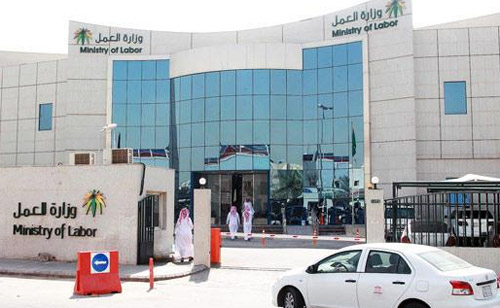
Riyadh, Apr 20: Companies with at least 1,000 workers are being given four more months to implement a wage protection system that was introduced by the Labor Ministry last year in a bid to ensure employees’ rights.
The ministry’s decision to postpone the implementation of the fourth phase of the protection bill for companies with more than 500 workers, originally scheduled for July 1, to Nov. 1 was taken after the Saudi Arabian Monetary Agency (SAMA) demanded that pressure be eased on the Kingdom’s banks, which have been tasked with salary payment under the new system.
The implementation of the fourth phase, however, will coincide with the payment of Hafiz unemployment benefits to jobless youth, putting more pressure on banks.
“The ministry made the decision following detailed studies and discussions with the SAMA,” Abdullah Abu Thnain, undersecretary for inspections and work environment development, told the SPA.
Companies employing 500 workers on average far outnumber establishments in other categories, he said.
The wage protection system involves the creation of a database containing updates on wage payment in the private sector. Information includes the amount and date the salary was paid. The new system also stipulates that salary payment should be made solely through banks.
Private companies in the Kingdom were categorized according to the number of workers they employ.
The first phase involved companies with more than 3,000 workers. A total of 119 companies fulfilled conditions out of 184 companies in that category, while 48 companies pledged to submit their updated data soon after the deadline and 17 had services halted by the ministry for failure to comply with the new system.
The second phase, which was implemented on companies with more than 2,000 workers, saw 81 companies fulfill the ministry’s demands and 13 penalized for failure to comply, while 17 companies had services resumed after complying past the deadline.
“Only 445 private schools out of a total of 1,183 schools fulfilled the criteria,” he said. “Services to 713 have been suspended, while 25 schools had services resumed after updating their information.”
Companies that fail to comply with the regulations within two months of the deadline have their services suspended. Renewal of work permits, however, is not affected by these suspensions.
Employees working with companies that fail to comply three months past the deadline can transfer to other companies without the permission of their sponsors.





Comments
Add new comment